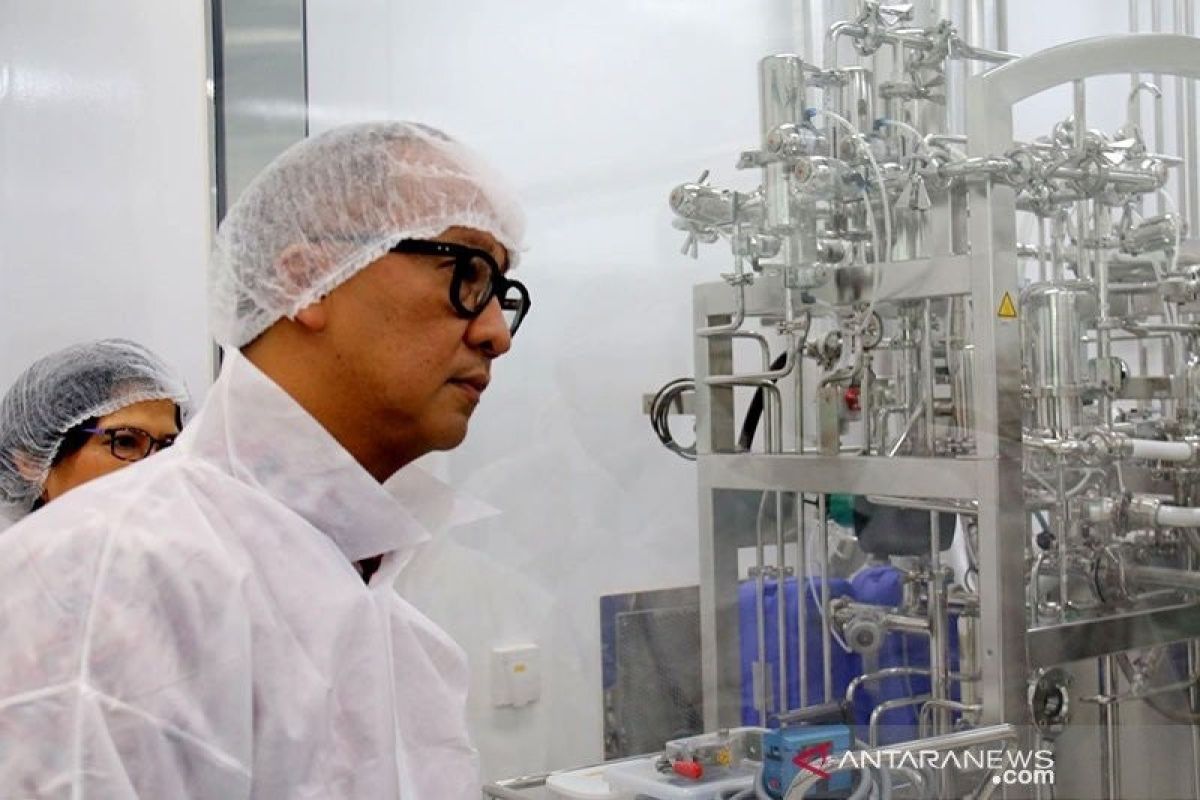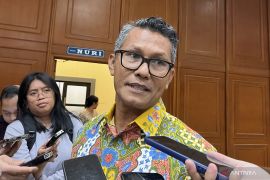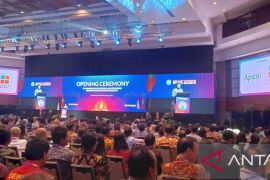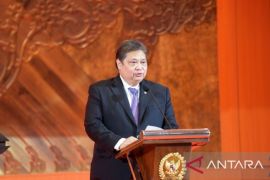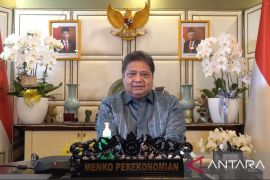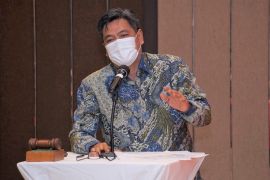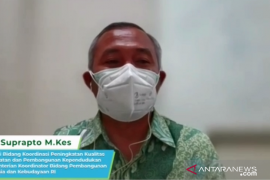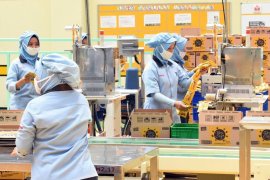"The metal industry's positive record has demonstrated that the downstreaming policy has run well. It could increase the added value of domestic raw material and meet demand of the international market," Industry Minister Agus Gumiwang Kartasasmita stated here on Friday.
The Central Bureau of Statistics (BPS) recorded that during the initial five months of the year, non-oil and gas processing industry exports crossed US$51 billion, thereby contributing 79.25 percent to the country's total exports at $64.4 billion.
"We are committed to boosting the export-oriented industry to bolster the national economy," the minister noted.
Among the industries is the base metal industry that registered a 41-percent increase in exports during the period from January to May 2020 to reach $9.2 billion, from $6.5 billion worth of exports during the corresponding period of 2019.
In the same way, food industry exports during the period rose by eight percent to touch $11.4 billion, from $10.5 billion of exports in 2019.
"We have set a target for our food and beverage industries to dominate the Southeast Asian market in line with the roadmap of Making Indonesia 4.0," he stated.
Other manufacturing sectors to have significantly contributed to the country's exports comprise the chemical and chemical goods industry, with $4.9 billion of exports, followed by the garment industry, $2.8 billion; computer, electronic goods, and optics, $2.4 billion; and leather, leather goods, and footwear, $2.3 billion.
"In terms of the chemical industry, we have targeted to become a leading player in the biochemical industry, whereas for the textile and garment industry, the government has focused on functional clothing," he revealed.
Computer, electronic goods, and optic industry exports increased by 14 percent, from $2.1 billion of exports during the corresponding period in 2019. The government is channeling attention on the domestic market for the sector, Kartasasmita explained.
"We are optimistic that by 2030, Indonesia would be part of the world’s 10 largest economies by seriously developing the export-oriented sector," he asserted.
Kartasasmita expressed belief that the manufacturing industry would forge ahead at a swifter pace after the COVID-19 crisis is overcome, as the operational license has been issued for the strategic industry, with stringent adherence to health protocols.
"There should be no wide gap in productivity, and we should not lag behind. After the vaccine for COVID-19 is found, it would not take long for the manufacturing industry to rebound," he pointed out. Related news: Foreign investors underscore land, labor issues in Indonesia
Related news: Govt's incentives for industrial sector bleeding of COVID-19 pandemic
Translator: Risbiani F, Sri Haryati
Editor: Rahmad Nasution
Copyright © ANTARA 2020
